Why Zohran matters
What this victory means in a city I love
In April 2002, I hopped on a plane and headed to Virginia to join the Asian Massive tour. This loose-knit collection of South Asian musicians would, for the next decade, travel the world to perform a mash-up of traditional Indian instrumentation with electronica.
Despite large crowds pouring into venues and festivals, the cultural conditions surrounding this tour were anything but conducive for a group of brown-skinned Muslims and Hindus. We were only a half-year removed from 9/11 and though our home base of New York City had largely moved on and begun to heal, people outside of the city had a whole bunch of thoughts about what was really happening, however short-sighted and arrogant those thoughts were.
Never mind the fact that zero of these musicians were from Saudi Arabia, the UAE, Egypt, or Lebanon—and never mind the fact that even if they were, that shouldn’t have mattered—America was on an anti-brown binge, and tragically, profiling is kind of a cultural pastime here.
For the entirety of the aughts I was afforded a close-up view of the two worlds these artists experienced: adoration and respect by fans, suspicious stares and occasional delays outside of the venues they performed at.
As the decade progressed, the profiling lessened, and I had this crazy idea we were heading in the right direction as a nation. Then the tea party happened, then MAGA happened, and now white pride and Christian nationalism are back in vogue, making it easy for New York City mayoral candidates to openly display the sort of anti-Islam propaganda I foolishly believed we had, if not left behind, at least kept in the dark.
Back to the tour. On this particular leg was the Asian Massive’s ringleader, Karsh Kale, along with longtime friends and collaborators, Midival Punditz, Cheb i Sabbah, and Atul Ohri.
I’d fallen in with this crew in June 2001 while attending a record release party for Putumayo World Music. It was there I met Fabian Alsultany, tour manager for the Asian Massive tour and now one of my closest friends. As a world music journalist, I entered an entire world of young, ambitious musicians pushing their homeland’s art forward. I was afforded an opportunity to be part of it, as a writer, photographer, and even DJ (inspired by this very crew), which I documented in my 2005 book, Global Beat Fusion: The History of the Future of Music.
The entire world knows what happened three months later in downtown New York City. Not only did 9/11 change the fabric of the city, it created a tension many of us believed we were working through as a society—the whole “every human deserves respect” ethos that a democracy should entail. On a weekly basis, we were playing the sounds of the Middle East and South Asia to hundreds and thousands of people whose heritages spread across the planet. The things that bound all of us were a love of music and an even greater passion for dancing.
Then we’d head to an airpot and I’d watch TSA agents glare a little too hard, holding my compatriots’ licenses and passports much longer than necessary, rifling through their bags with too much attention. Many a tabla were banged up; MIDI instruments needed replacement when we arrived in the next city. Touring is stressful enough without the extra weight of such burdensome ignorance and outright hate.
Fabian put the scene into perspective in my book:
I think the world was expecting everything to change after 9/11, and things just got worse. The acceptance of ‘Let’s be as capitalistic and commercialistic as possible and exploit every petroleum pipeline out there,’ and the gung ho-ness of ‘Let’s be a proud American, wave our flags and dominate the planet.’ When 9/11 went down, I didn’t see anyone on television reflective of my people. All I saw were white-blooded Americans. I saw the cowboys. I saw maybe a few African-Americans and Latin-Americans—as to what is reflective of America—but I didn’t see any Arabs. I didn’t see any Indians. That pissed me off. Seeing that, and seeing what’s going on with the way the Bush administration is running things, hell, music is such a small drop in the bucket of what’s going on in the world.
Yet music, as everyone in this scene knew, is powerful. It draws you out of yourself. It pulls you into yourself. It can introduce you to a world far beyond anything you ever knew possible, anything you imagined. It’s both an entry point and the main attraction, somewhere you can lose and find yourself. And it’s one of the quickest ways to learn something, anything, about a culture besides your own.
Which was the hardest thing to square in the months and years following 9/11. Here we were, beneficiaries of an emerging technology that could bring the world closer together than ever before, and instead of harnessing that energy for good, we grew ever more suspicious of the other. New York City is a land built for others, by others. Every time I stepped into a music venue, I was surrounded by all those others who suddenly didn’t feel so other anymore because music brought us together.
The fans knew that. Those outside, who would never step into such a place, drove an increasing fear and paranoia that has resulted in the political wedge that divides America today. Such a tragedy because none of this was inevitable.
Some of us knew more about the shifting tides of culture than others. Most of of us were in our twenties. Born in Algeria in 1947, Cheb i Sabbah was the elder statesmen of this crew. (He passed in 2013.) During a long ride from DC to NYC, he put the feeling we’d all been trying to capture into words:
It’s therapy, it’s trance. I’m also trying to experience the same thing. It’s not me putting on music for someone else. It’s me and the dance floor. Again it’s the same concept as the player and listener—it’s two. We try to achieve that ‘other’ state, and sometimes it does not happen. But when the magic is there you know it. Everybody feels it. You can’t explain what it is, but you know it’s there because everybody’s feeling it. So we are looking for that moment.
The actor Ajay Naidu—you know, the dude who destroyed the printer in Office Space—would jump on stage to perform poetry during Asian Massive shows. He also wrote the forward to Global Beat Fusion. One day while chatting, he framed the environment even more succinctly:
What we’re trying to do is become each other. We should be intermingling to the point we’re all unrecognizable.
A beautiful sentiment. Then, and now.
On the other side
I love that Zohran Mamdani tells you about the hole in the wall food spots that Michelin will never champion, yet serves better food than many of those starred restaurants.
I love that he eats with his hands, and that when MAGA freaks try to call him out, he eats with his hands more.
I love that he started using his middle name, Kwame, more as his campaign progressed.
I love that he didn’t know Billy Joel and was honest about it.
I love people who don’t pretend to know things they don’t.
And I love how he stared into the camera and told his opponents to stop being fucking bigots, that he and every other person like him has a place in this country.
None of these things qualify him for mayor. This isn’t about his policies, but it is about politics. Many others have written about his ideas, critiqued them, championed them. This is about someone that represents a community, a way of life, a way of thinking and being, finally being given voice to do so.
Two notes on his policies:
Critics say New York City can’t handle a democratic socialist. Their amnesia is apparent given that David Dinkins was a member of the DSA.
Critics says city-run grocery stores are impossible. Too bad New York City already has three city-run markets.
Mamdani’s going to fuck some things up. He’s going to get some things right. Hopefully more the latter than the former. Ideally, he actually makes the city more affordable, he feeds people, he shelters people.
It’s absurd that I have to write such basic aspirations the day after Elon Musk was given license to become a trillionaire—a word not even recognized by my spellchecker. The idea that Trump is now going to focus on affordability following Mamdani’s win is equally ludicrous. But it shows that sometimes, when you’re unapologetically yourself, you make an impact. The more of us who do so, the more impact happens.
Mamdani’s victory gives me that little bit of hope, that rush of momentum of creating a better society, that I was immersed in a quarter-century ago in the city he’s now going to lead. Even though I left New York 14 years ago, that feeling hasn’t been beaten out of me.
The entire situation reminds me of my conversation with the late, great Zakir Hussain, who told me:
I cannot possibly believe a normal human being looks at another human being and immediately feels animosity. That is not the case and that has never been the case. What music does, however, is make you aware culturally of what people are all about. I firmly believe art actually has, in some ways, made this possible in these parts of the world and anywhere else.
Bill Laswell, who asked Zakir, Karsh, and others to join his classical-future project, Tabla Beat Science, framed it in even more ambitious terms when telling me:
Older people, with more of an academic approach to music and a more fixed ideal of how things should stay, with a background of having studied and grown up that things should be a certain way, talk about a real danger of anything that challenges the structures that exist. I don’t have a problem because I don’t have a culture, I don’t have a tradition, and I don’t have a school that taught me that this is how it is. I just mutate and destroy things and make a mess and people either like it or they don’t. My culture is on the other side. It hasn’t even happened yet.
Maybe we can get to that other side, one day. We can try to dream that aspiration forward, at least.
As I did when writing the preface for Global Beat Fusion:
The seeds of this book were planted shortly after 9/11. Living in New York City, I witnessed the events up close—not close enough to be physically affected by the falling buildings, but close enough to see them burn from the West Village. I lived in the fallout shelter at the time: the Paulus Hook section of Jersey City, directly across the Hudson River from the towers. For months I watched the pile smolder from the roof of my apartment building. Every day, I commuted into Manhattan to my job as the managing editor of the country’s largest world music magazine, where I interviewed hundreds of artists from across the planet, many of whom wanted nothing more than to share their music with the world in the hopes of making it a better place. And every night I returned home within eyesight of the most discussed terror attack in history, which was instigated in large part because the world is not the better place so many of us want it to be.
Perhaps Zohran can bring the city and country that I love a little closer to being a place so many of us want it to be. A more affordable place that affords more people an opportunity to live here freely, without the burden and bigotry of a culture who thinks the nation is theirs alone to rule.
From where we stand right now, every little bit helps.



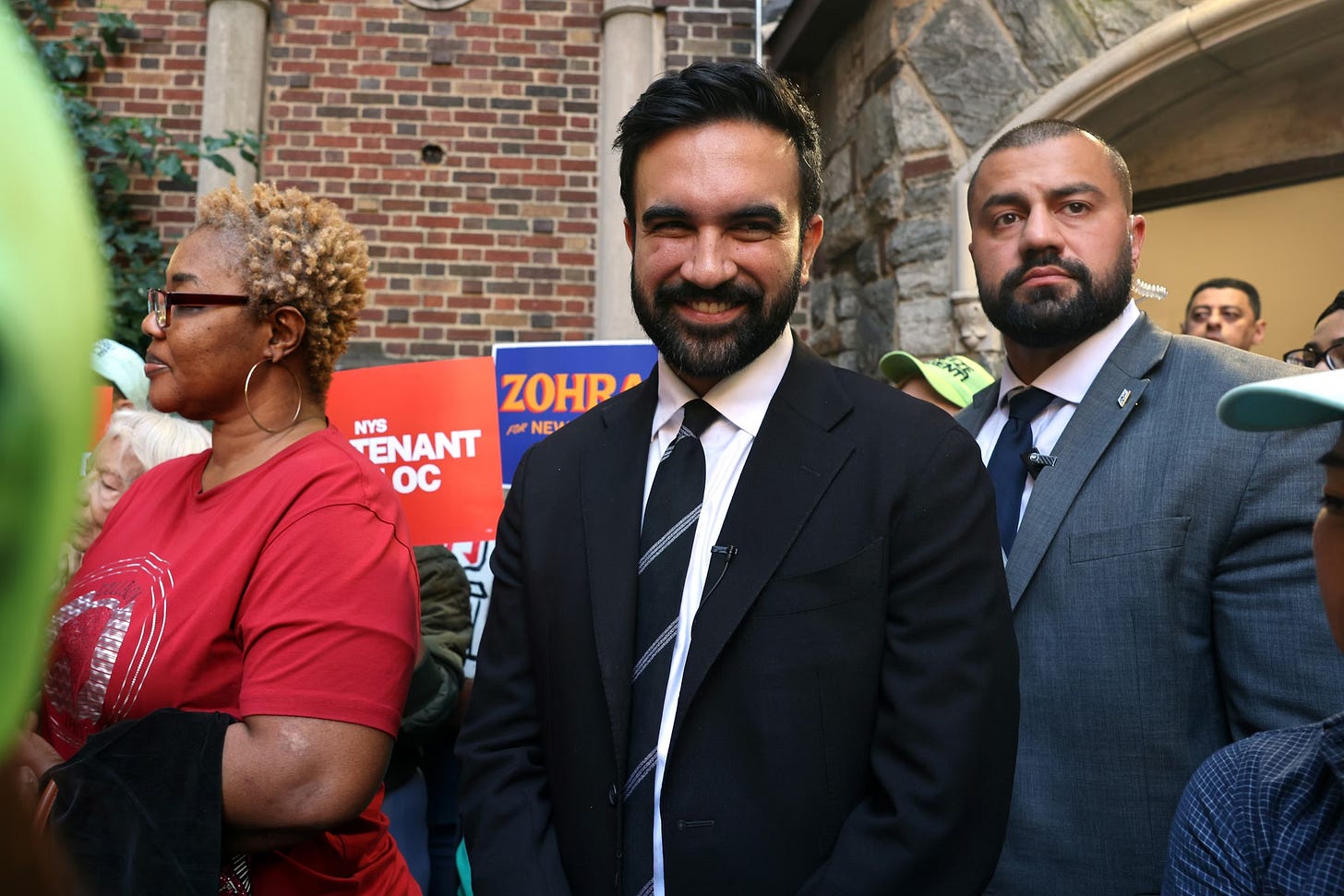
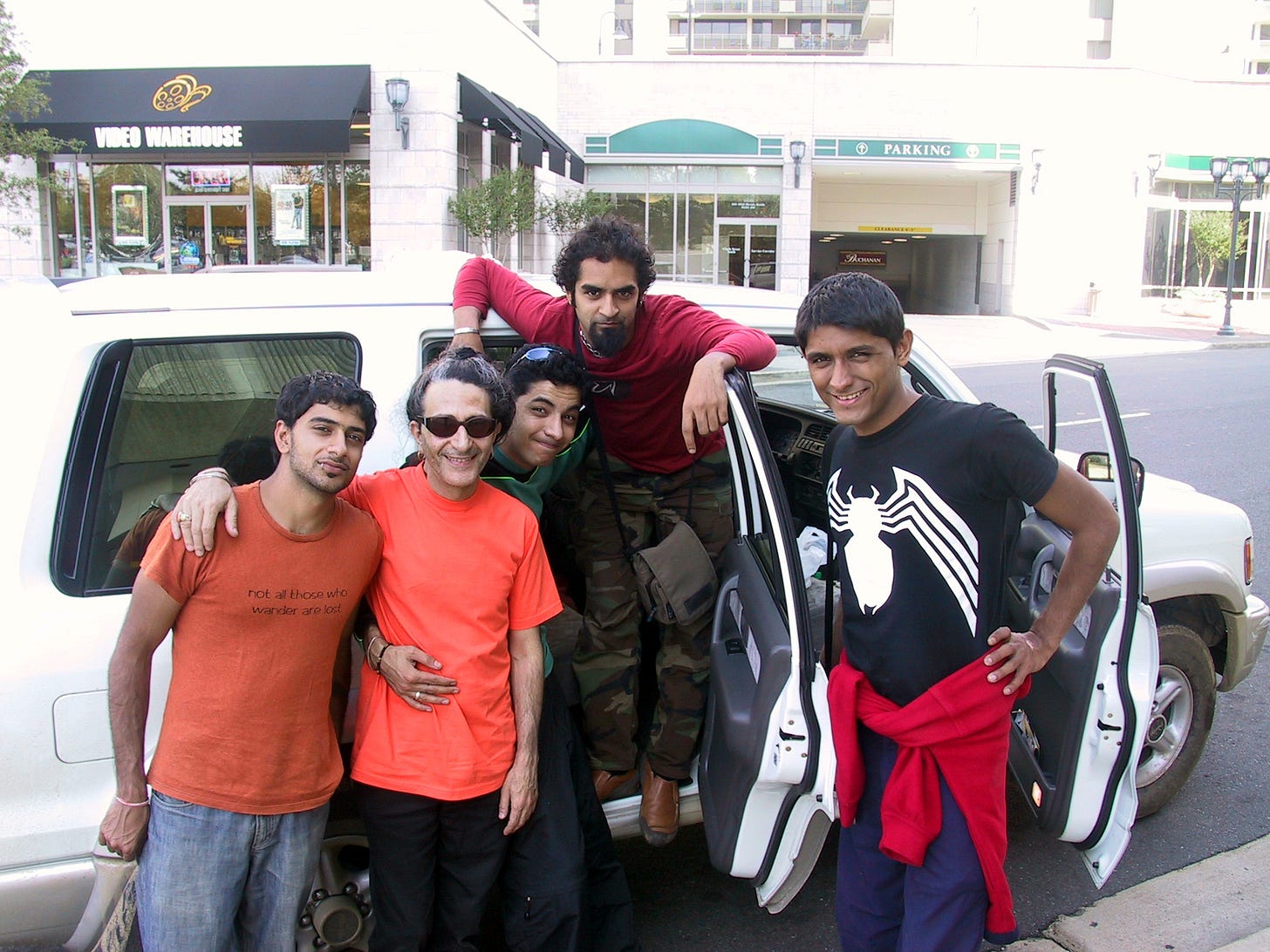
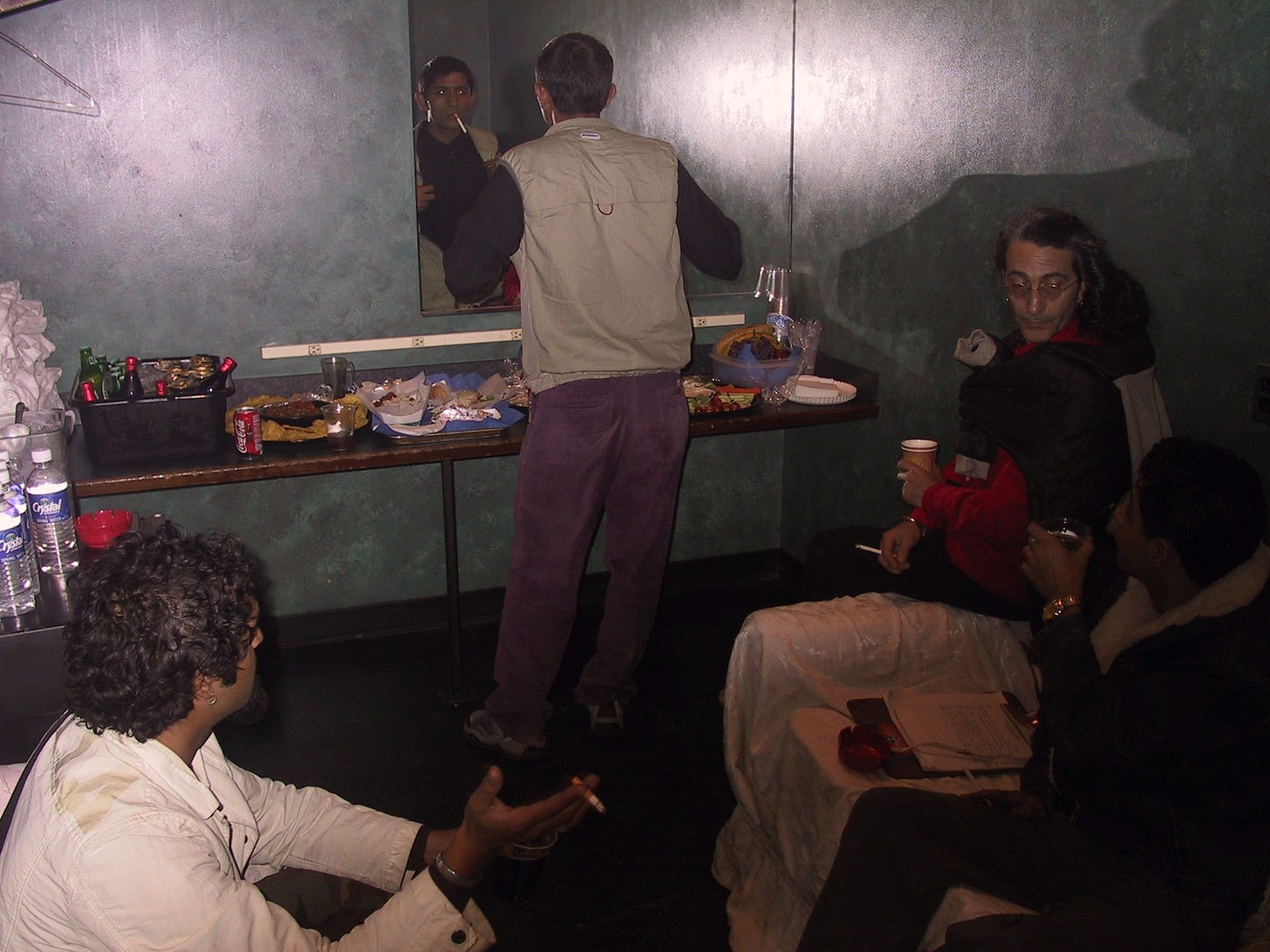
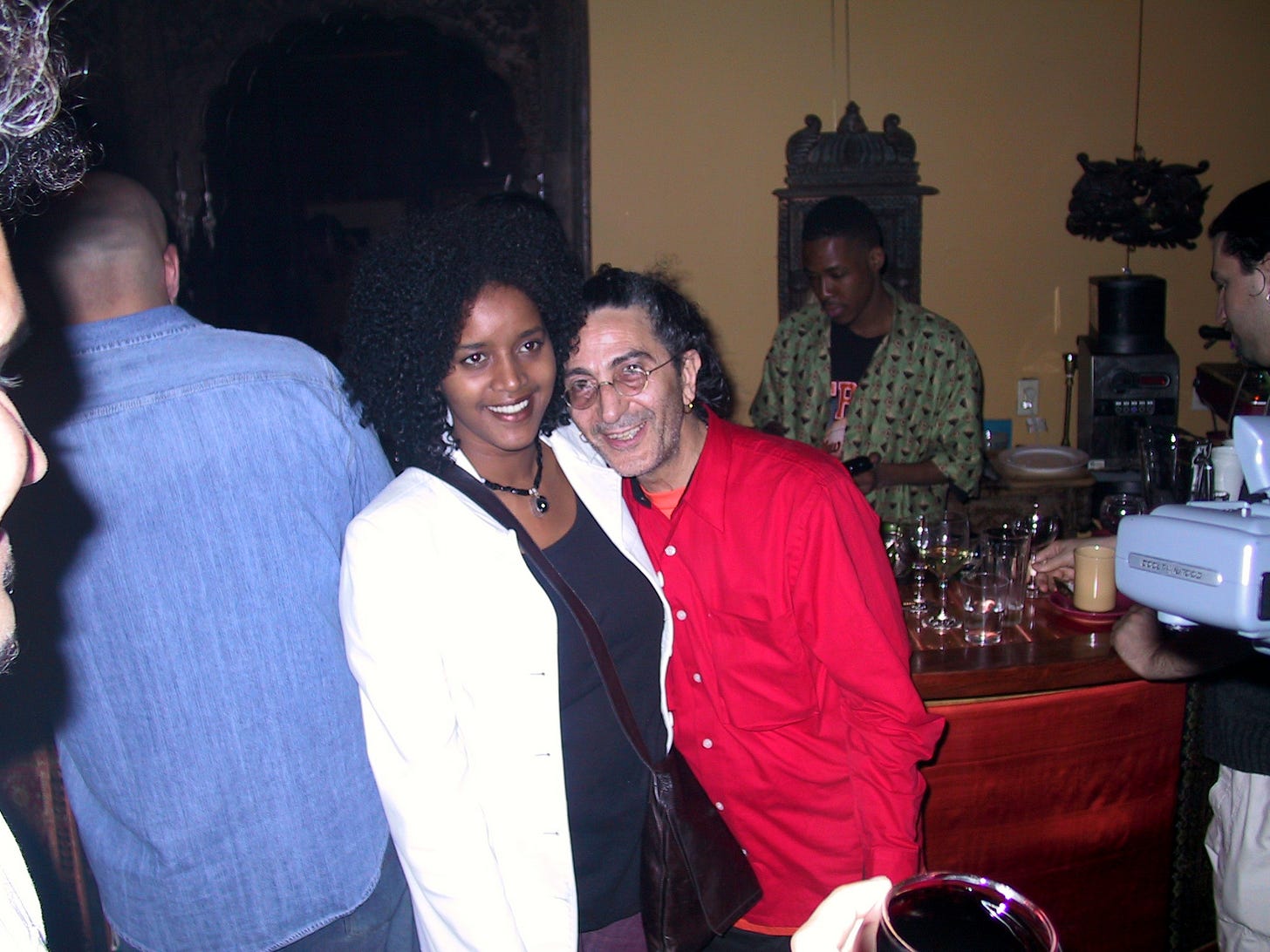
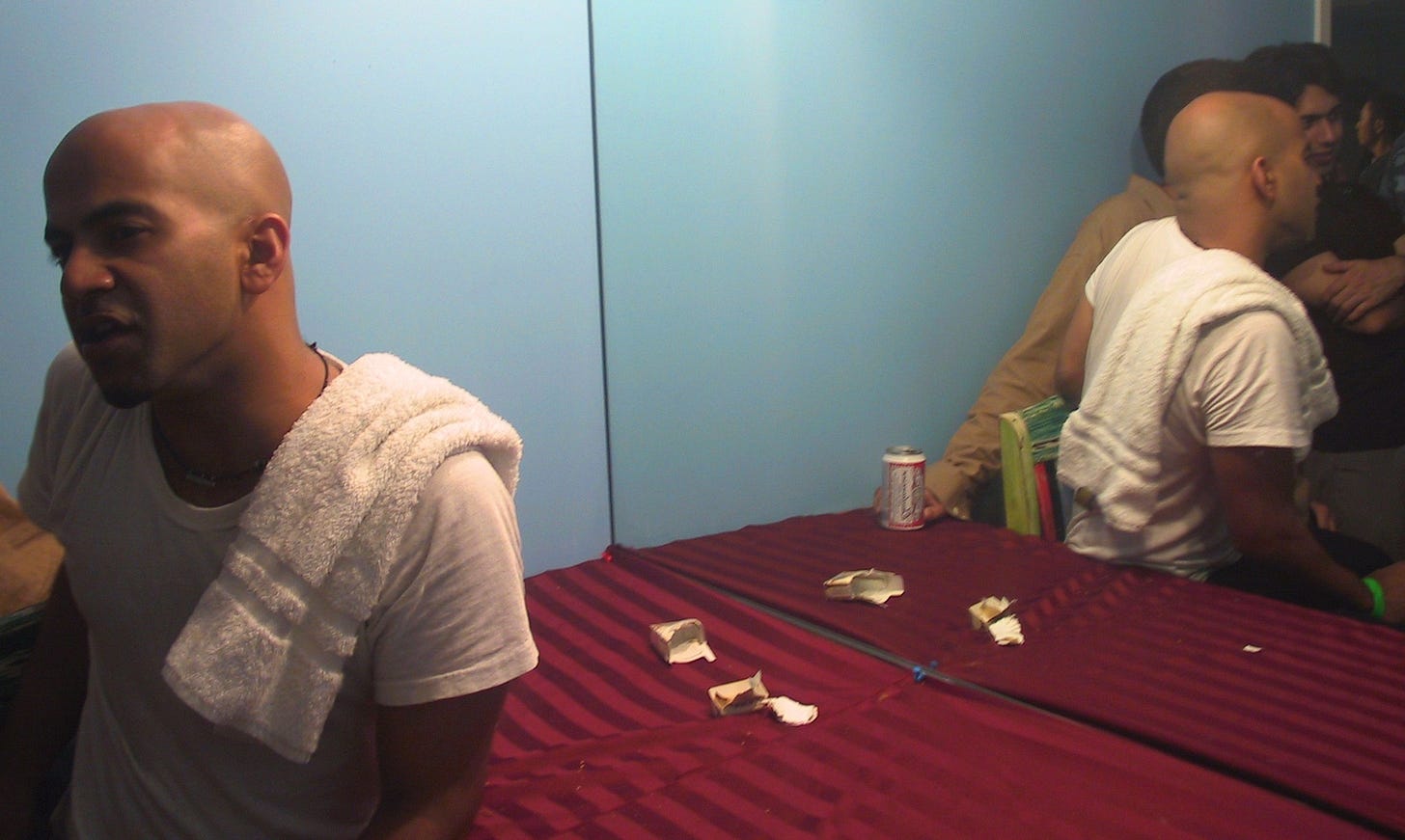
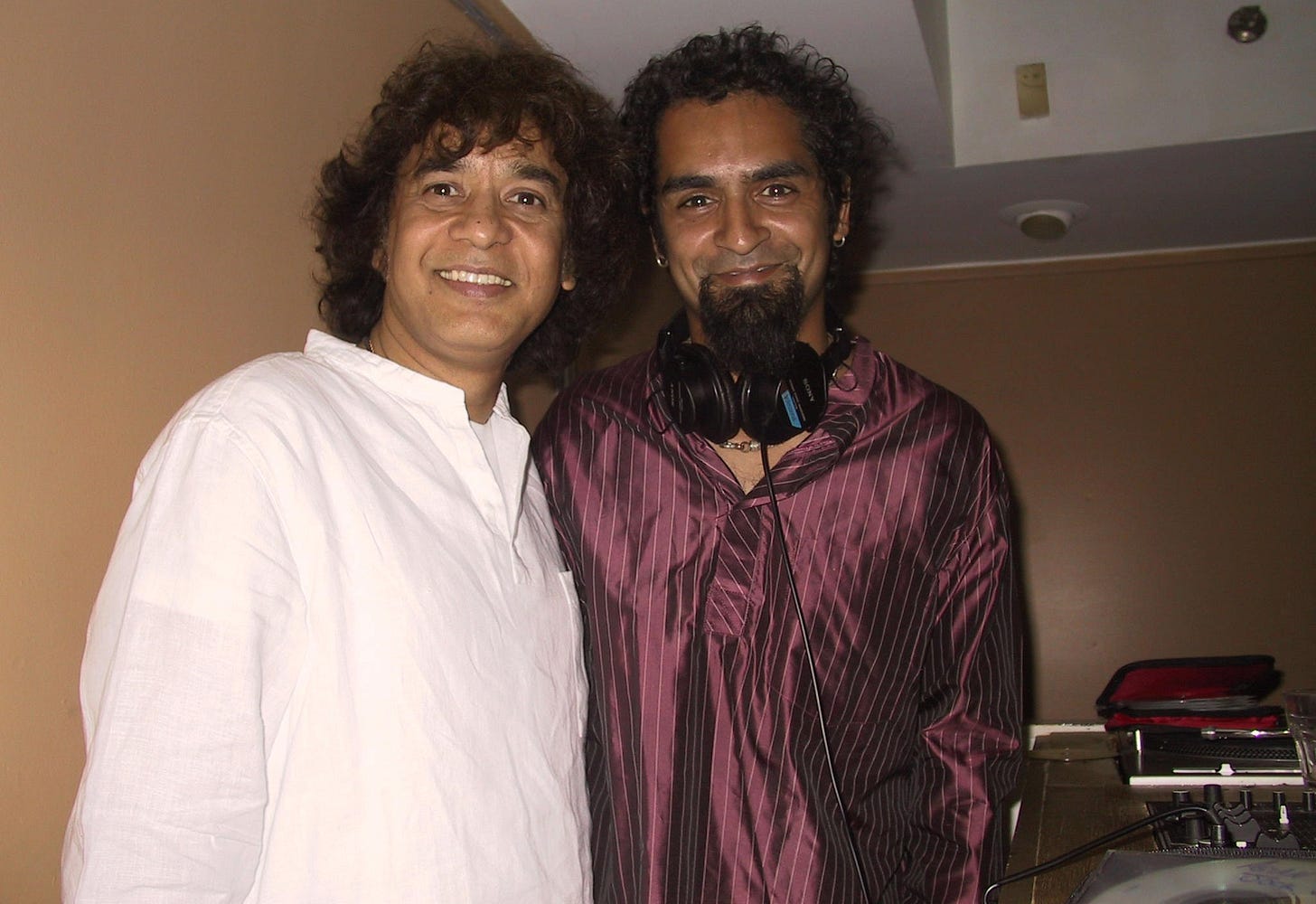
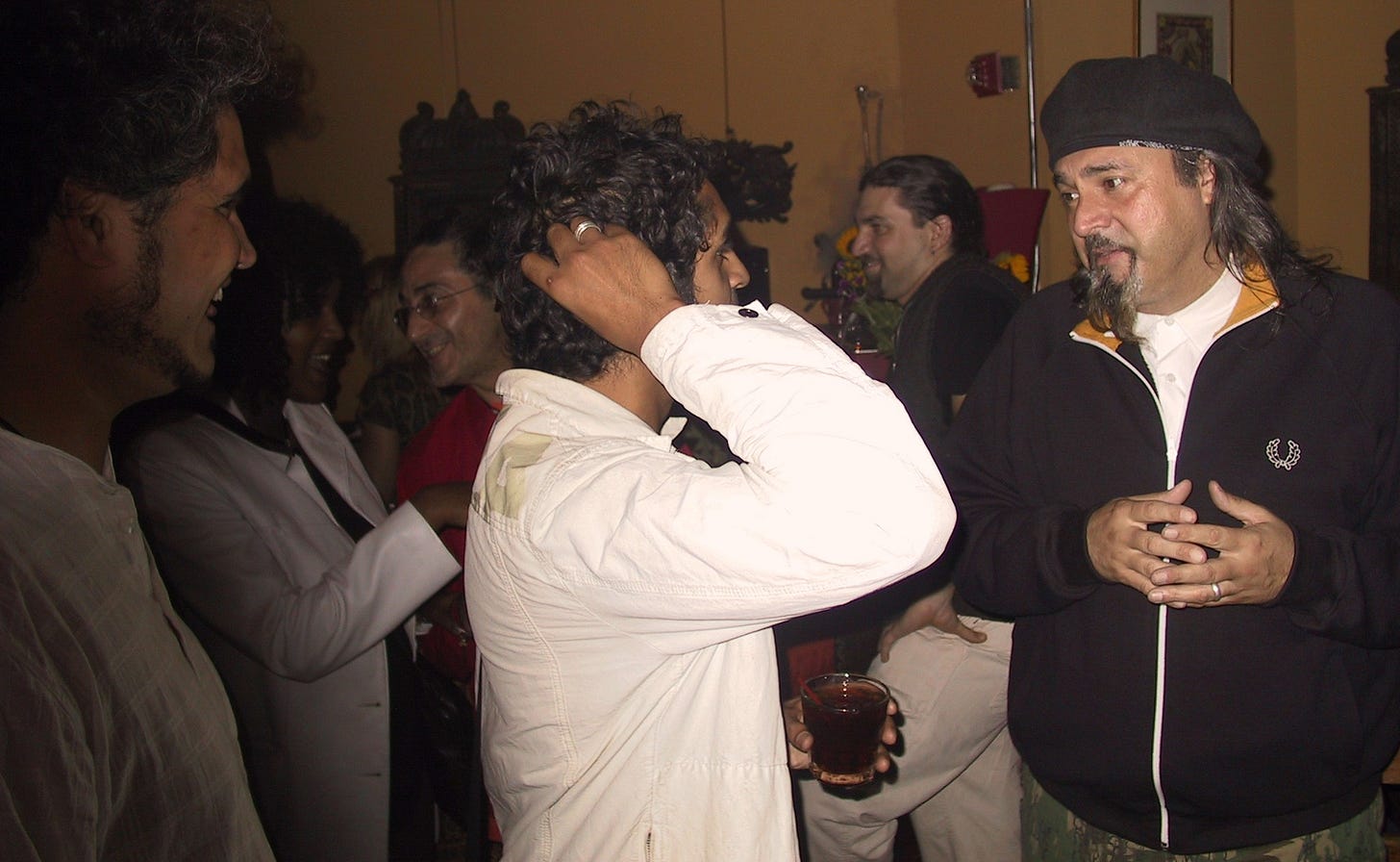
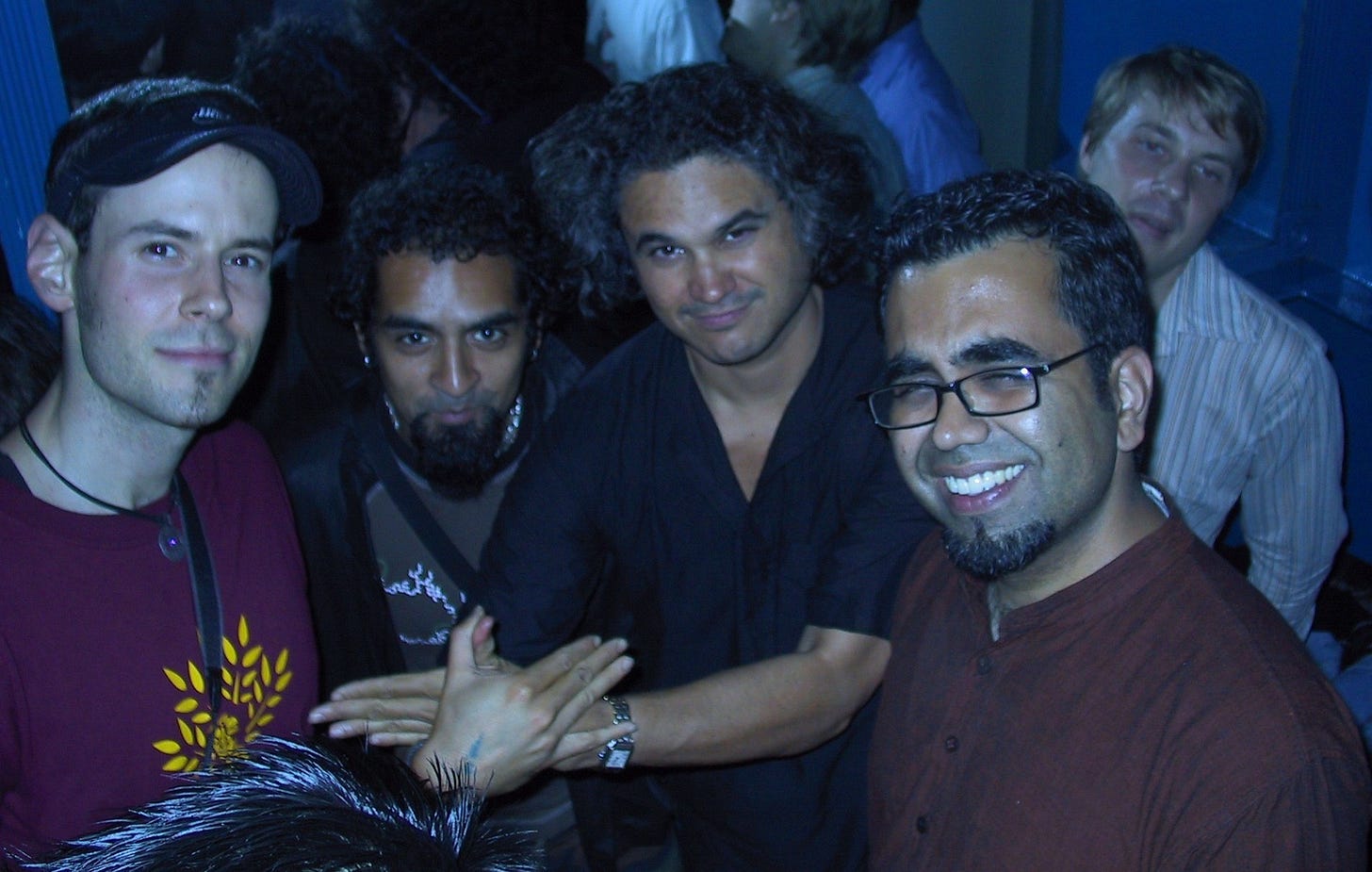
Great piece, Derek. Some of the hostility I'm seeing on social media toward Mamdani is laughably ignorant, but thankfully he knows how to confront it. I'm hopeful. And those who aren't are welcome to leave. Your flashbacks to the early 2000s were interesting too. I remember you being very immersed in that scene when I first met you, and you turned me on to some of that music, for which I am grateful.
Derek, I think that you'll find my commentary of June 27th of interest. I think it's every bit as relevant today as it did then. Zohran Mamdani’s election as Mayor of New York City isn’t just a political milestone; it’s an electrifying shift in American politics...a moment that challenges old assumptions about who gets to lead and what moral courage looks like. https://herbpaine.substack.com/p/why-zohran-mamdanis-win-matters